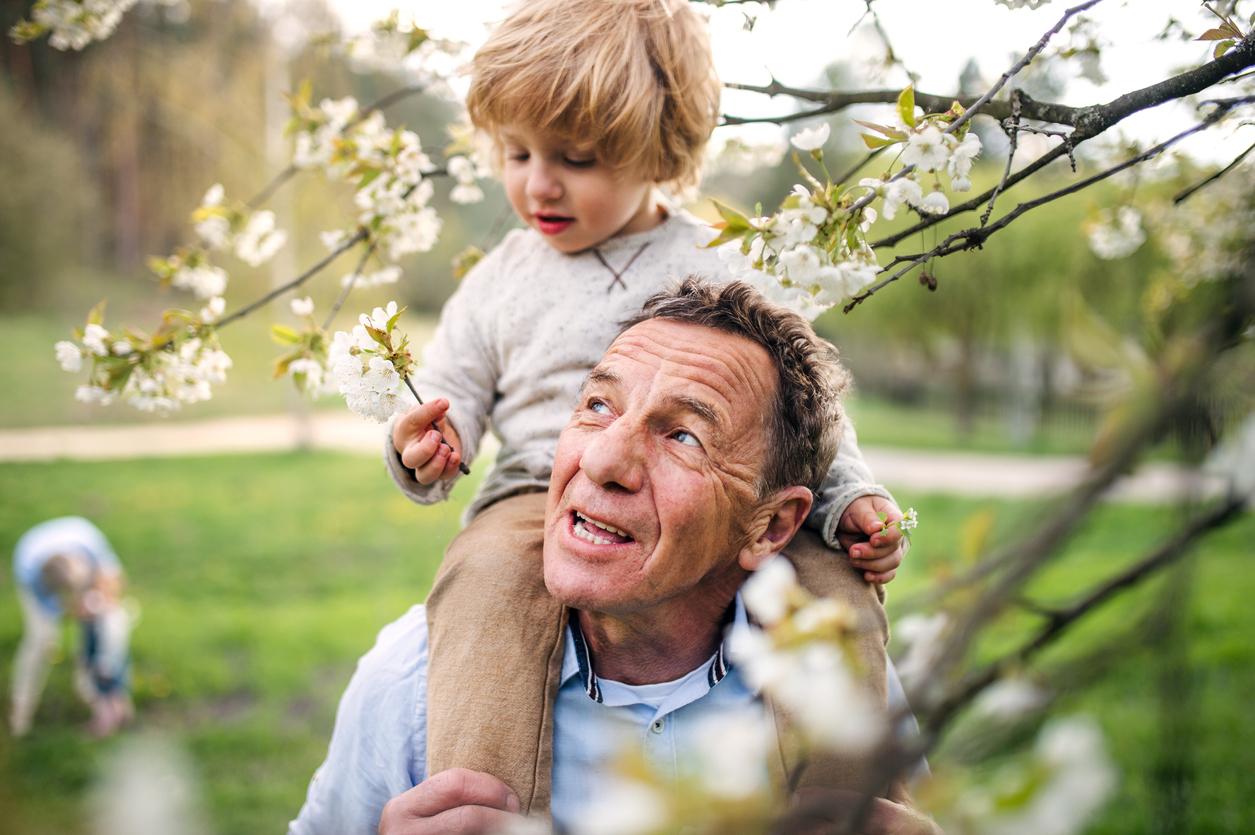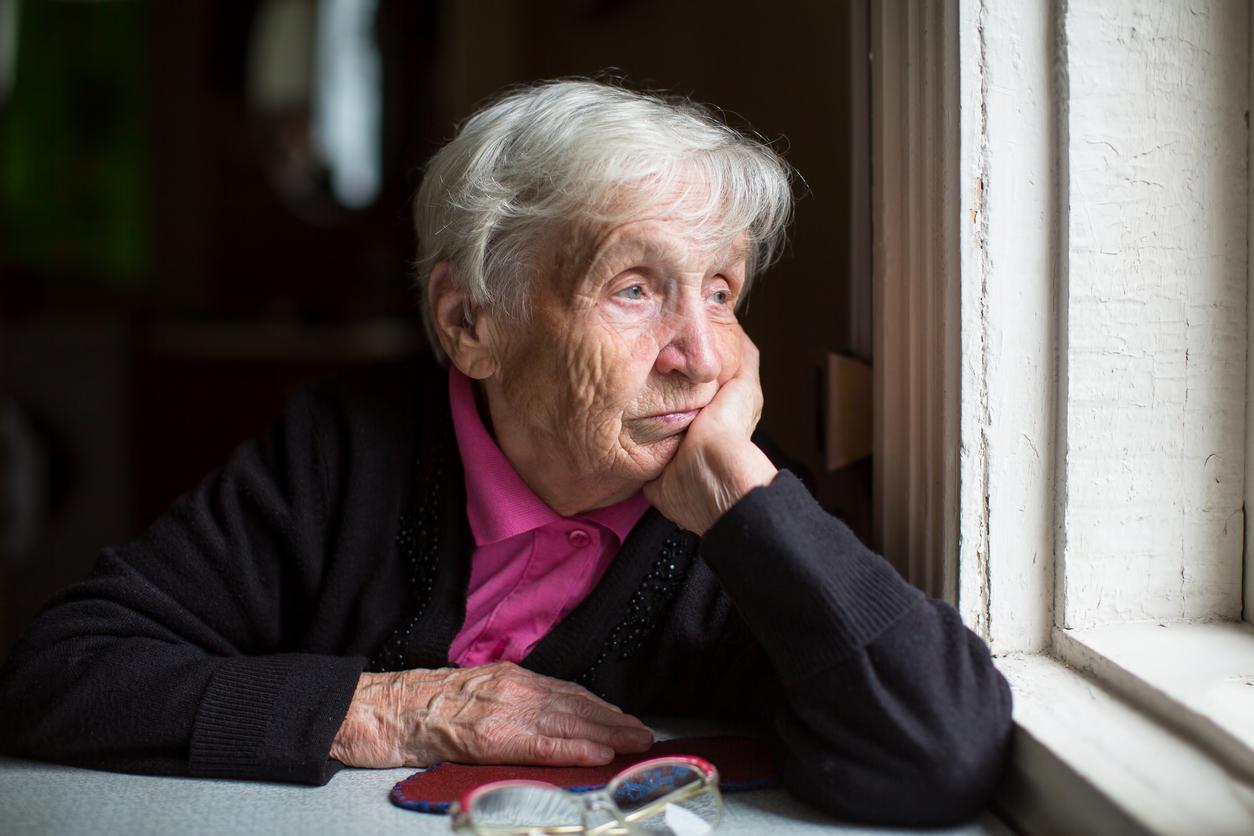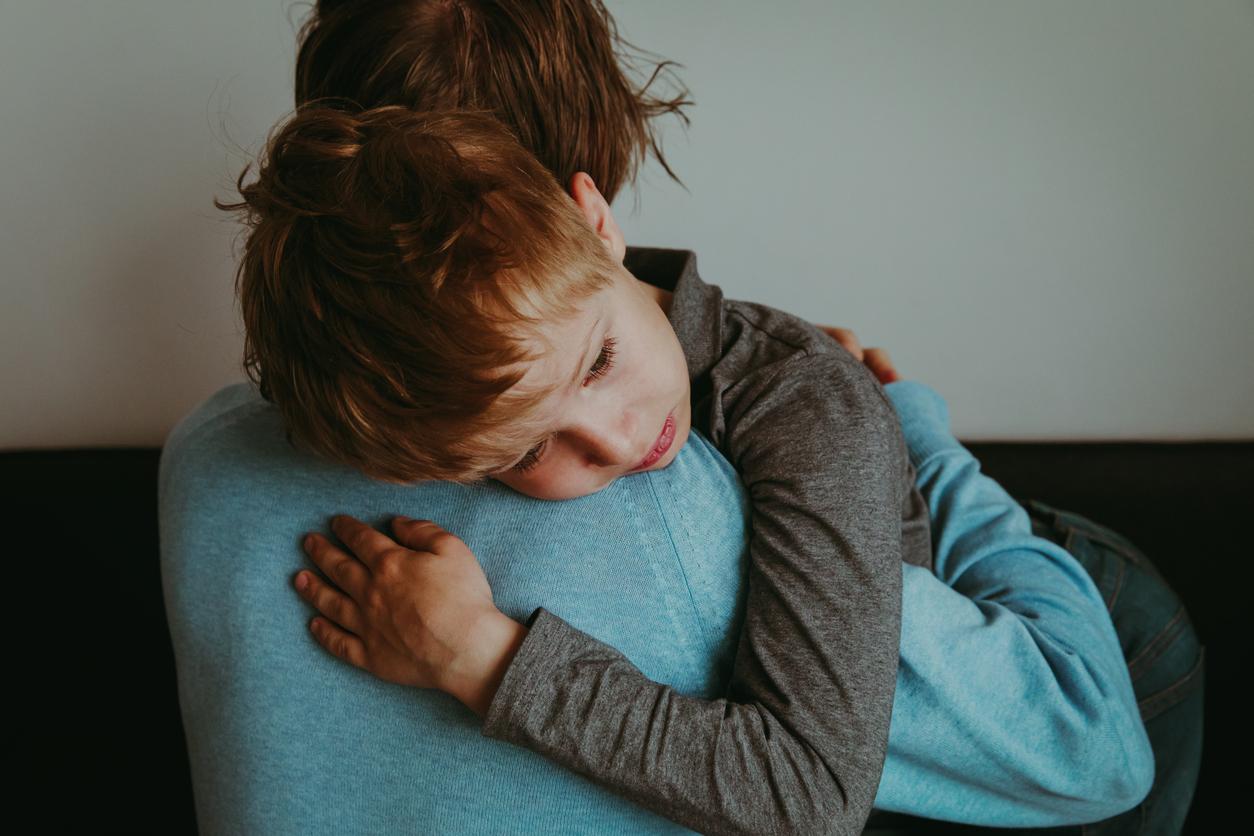Becoming a volunteer and taking care of grandchildren allows adults over 50 to fight against social isolation.

- Rhesus macaques exhibit age-related changes that we see in humans, including decreased bone density, changes in the immune system, and impaired cognitive functions.
- “In female macaques, low social status is associated with increased mortality,” according to the team.
Stroke, depression, Alzheimer’s, diabetes, heart attack… These different diseases can be caused by loneliness. To no longer feel alone, researchers from King’s College London (England) have recommended turning to volunteering and taking care of your grandchildren. In order to reach this conclusion, they carried out work published in the journal Perspectives on Psychological Science. For the purposes of the research, the authors relied on a previous study published in the journal Aging and Mental Health. As part of the latter, the team analyzed and synthesized information from 28 cohorts from 21 countries and including 191,652 adults over the age of 50.
Reduced loneliness through volunteering and caring for grandchildren
According to the results, caring for a spouse or partner with health conditions, particularly dementia or Alzheimer’s disease, was linked to greater loneliness among participants. In contrast, caring for grandchildren and becoming a volunteer were associated with lower levels of isolation. “Loneliness can make people feel disconnected from others, and can have a wide range of negative effects on their physical and mental health. There is an urgent need to identify older people who may be more vulnerable to the feeling of loneliness and to develop these targeted solutions to prevent and reduce isolation”, said Samia Akhter-Khan, author of the work, in a statement.
Brain: Being surrounded by friends and family leads to healthy aging
Recently, scientists at Arizona State University highlighted the importance of maintaining a positive social environment as you age. According to their study, published in the journal Nature Neurosciencekeeping good ties with friends and family would be one of the key ingredients of healthy aging.
To carry out their research, the authors recruited rhesus macaques to better understand how our social environment can alter our physiology, from the organismal level down to our genes. “We generated a multiregional, mononuclear brain transcriptional dataset encompassing 15 brain regions,” can we read in the works.
According to the team, age-related changes occur in genes associated with neural function and neurological diseases, including Alzheimer’s disease. Another observation: females with a higher social status presented younger and more resistant molecular profiles, which established a link between the social environment and brain aging.

















